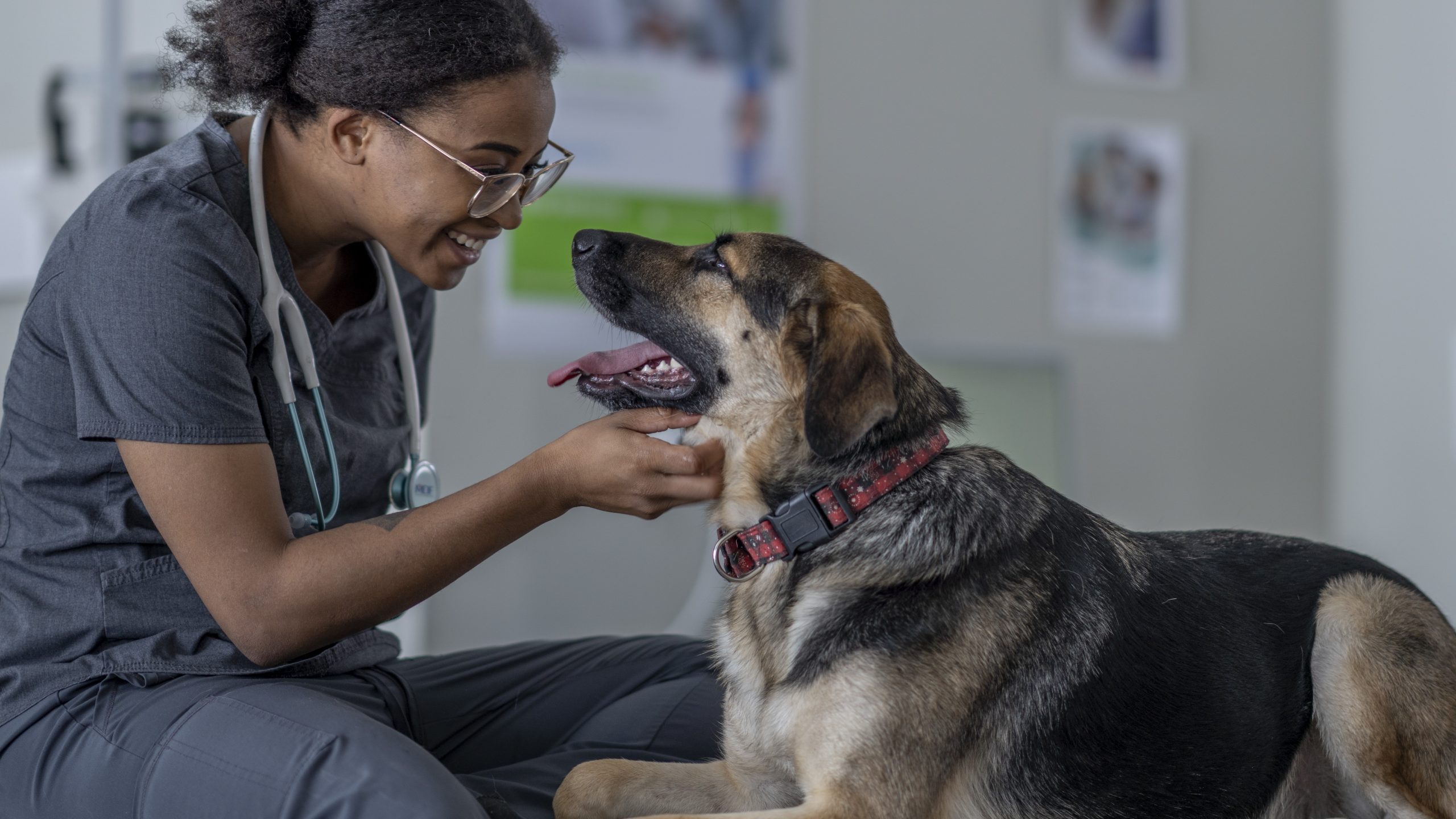Vet Enterprise: Giving Exceptional Services for Pets of All Ages and Sizes
Vet Enterprise: Giving Exceptional Services for Pets of All Ages and Sizes
Blog Article
Inoculation Guidelines From Your Trusted Vet
Vaccination guidelines offered by your trusted veterinarian play a critical duty in protecting your animal's wellness and wellness. Furthermore, attending to typical misunderstandings bordering vaccinations can better improve pet owners' self-confidence in these preventative procedures.

Significance of Inoculations
Inoculations play a critical role in safeguarding pets versus a variety of avoidable diseases. By stimulating the body immune system to acknowledge and deal with certain virus, injections considerably decrease the occurrence of infectious illness that can impact a pet's health and wellness and durability. Not just do inoculations secure individual pets, however they additionally contribute to herd immunity, therefore decreasing the total frequency of diseases in the animal population.
Prompt vaccinations help to alleviate the spread of conditions such as rabies, parvovirus, and distemper, which can have severe consequences for both family pets and humans. Vaccinations are commonly a demand for boarding facilities, brushing services, and pet dog parks, making them necessary for those that wish to socialize their family pets.

Core Vaccines for Family Pets
While the particular inoculation requirements of family pets can vary based upon specific elements, core injections are universally suggested to secure against one of the most common and major diseases (Emergency Vet). Core injections are those deemed necessary for all animals, regardless of their way of living or geographic place, as they protect versus potentially deadly and very infectious diseases
For pet dogs, the core injections consist of those for canine distemper, parvovirus, adenovirus (liver disease), and rabies. Canine distemper is a viral illness that affects the respiratory system, intestinal, and nerves. Parvovirus is recognized for causing extreme intestinal ailment, specifically in young puppies. Adenovirus can lead to liver condition, while rabies is a zoonotic condition that postures a threat to both family pets and humans.
In cats, core vaccinations include feline panleukopenia, feline calicivirus, feline herpesvirus (rhinotracheitis), and rabies. Feline panleukopenia is a highly transmittable viral illness that impacts the body immune system and intestines. Calicivirus and herpesvirus are significant contributors to upper respiratory infections in felines, while rabies remains a vital worry for public health.
Seek advice from your vet to guarantee your family pets obtain their core vaccinations on time.
Non-Core Vaccines Explained
Non-core vaccines are customized to deal with specific threats linked with a pet's way of living, direct exposure, and atmosphere to particular conditions. Unlike core injections, which are generally suggested for all pet dogs, non-core injections are taken into consideration based upon private situations. These vaccines are specifically essential for family pets that might run into one-of-a-kind pathogens as a result of their geographical place, traveling habits, or activities.
Examples of non-core vaccines consist of those for Bordetella bronchiseptica, which is connected to kennel coughing, and Lyme disease, brought on by ticks. Pet dogs that often communicate with various other pets, such as those in boarding centers, pet parks, or grooming settings, might take advantage of Bordetella vaccination. If you live in a location where Lyme illness is widespread, immunizing versus this condition can be a sensible option for outdoor-loving pet dogs.
Various other non-core injections may consist of those for leptospirosis, canine influenza, and feline leukemia, depending on the particular danger factors present. It is crucial to have a complete conversation with your veterinarian regarding your animal's way of life and the prospective requirement for these injections, ensuring a tailored vaccination strategy that best safeguards your fuzzy friend.
Vaccination Set Up Summary

As pet dogs mature, it is very important to stick to the recommended booster vaccinations. Veterinarian Enterprise. For adult animals, core injections are typically given every one to three years, relying on the specific injection and local guidelines. Non-core vaccinations may be advised based on lifestyle aspects and regional condition occurrence, demanding a tailored technique
Regular veterinary exams are crucial for updating vaccination schedules. Your veterinarian can give support on one of the most ideal booster shots for your pet dog, considering age, wellness standing, and ecological threats. By remaining aggressive and educated, pet dog proprietors can ensure their fuzzy buddies get efficient and timely vaccinations, thereby protecting their health and wellness and well-being throughout their lives.
Common Myths Concerning Vaccinations
False impressions concerning pet dog inoculations can cause confusion and unwillingness amongst animal owners concerning the booster shot procedure. One common misconception is that vaccinations are unnecessary for indoor pet dogs. While it's real that indoor pet dogs encounter lower dangers, they are not entirely immune to diseases, as virus can be introduced via different means, consisting of human clothes and other family pets.
One more mistaken belief is that vaccines can create the illness they aim to stop. In truth, the majority of injections include inactivated or undermined pathogens, which can look what i found not trigger disease in healthy and balanced pets. Some family pet owners likewise think that their animals need to not be vaccinated if they are currently healthy; nonetheless, vaccinations are an aggressive step that aids see avoid the onset of illness.
Additionally, several animal proprietors fear that vaccinations will lead to long-term health and wellness issues. The benefits of inoculation-- securing pet dogs from potentially deadly illness-- much surpass the threats.
Conclusion
In summary, adherence to inoculation guidelines is crucial for making certain the wellness and longevity of pet dogs. Eliminating common misconceptions surrounding inoculations even more enhances the value of informed decision-making in pet dog care.
Not just do vaccinations protect private animals, but they additionally add to herd immunity, thus decreasing the general occurrence of diseases in the family pet population.
False impressions concerning pet dog inoculations can lead to confusion and hesitation amongst animal proprietors concerning the booster shot procedure. While it's true that indoor pet dogs face lower threats, they are not completely immune to conditions, as pathogens can be introduced via various methods, including human clothes and various other family pets.
Some pet owners also think that their pet dogs should not be vaccinated if they are already healthy; nevertheless, inoculations are pop over to this site an aggressive measure that helps avoid the beginning of ailment.
The advantages of inoculation-- protecting animals from potentially serious diseases-- far exceed the threats.
Report this page